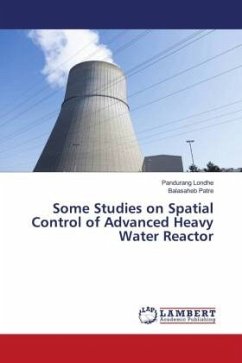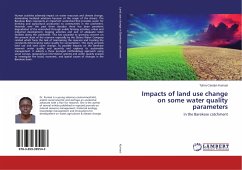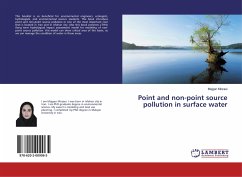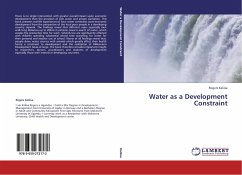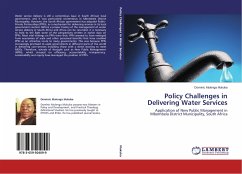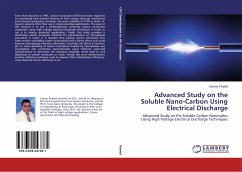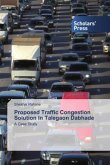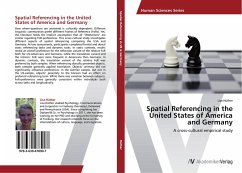Advanced Heavy Water Reactor (AHWR) is a 920 MW (thermal) heavy water moderated and boiling light water cooled thermal reactor. Considering the large thorium reserves in India, the future nuclear power program will be based on thorium 233U fuel cycle. However, there is a need for the timely development of thorium based technologies for the entire fuel cycle. The Advanced Heavy Water Reactor (AHWR) has been designed to fulfill this need. The physical dimensions of AHWR are large compared to the neutron migration length in the core, due to which a serious situation called "flux tilt" may arise in AHWR. Further, situations such as on-line refueling might cause transient variations in flux-shape from the nominal flux-shape. For analysis and control of spatial oscillation developed in AHWR, it is necessary to design a suitable control strategy, which will be able to stabilize these oscillations. In this book, modern control techniques are employed for spatial control of AHWR. The modern control techniques considered here, are Multirate Output Feedback based control and Fuzzy Logic based control.
Hinweis: Dieser Artikel kann nur an eine deutsche Lieferadresse ausgeliefert werden.
Hinweis: Dieser Artikel kann nur an eine deutsche Lieferadresse ausgeliefert werden.

